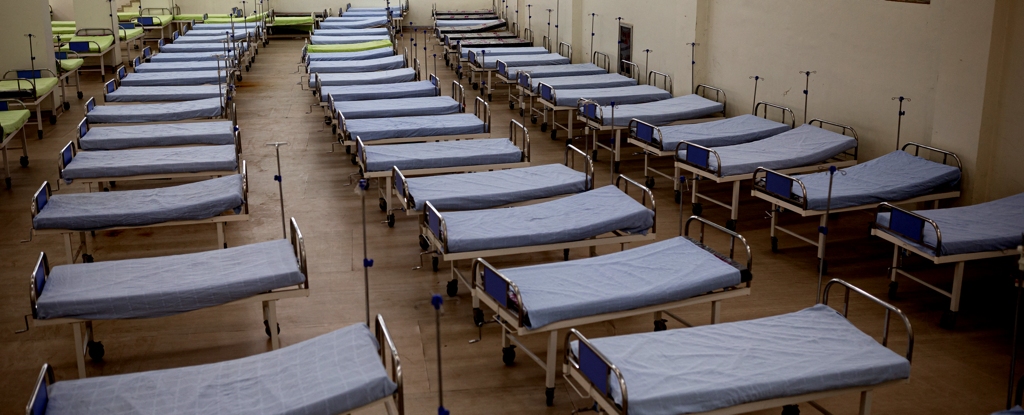Almost half the people known to have contracted COVID-19 in Africa are now living with the effects of long COVID, according to a comprehensive review of previous studies and analysis, covering data from a total of 29, 213 people.
Officially, long COVID means persisting symptoms three months after infection with the SARS-CoV-2 virus. Worldwide, at least 10 percent of infected people are thought to suffer from the condition, with recently published research indicating higher rates in multiple countries.
Incidence rates in Africa, though, are well above any of these other estimates. Why that is the case is unclear. In low-income countries, estimates of the incidence of long COVID vary greatly, due to hidden infections and the difficulty of accessing tests.
Between African nations, for instance, previous estimates range from just 2 percent in Ghana to 86 percent in Egypt.
The fact that fewer than 51.8 percent of people in African nations are fully vaccinated could also be another factor at play. Yet specific data on vaccination status and COVID-19 outcomes in this part of the world are largely unknown.
What’s more, a large percentage of the patients analyzed in the current review were hospitalized or admitted to the intensive care unit, indicating a bias toward the most severe cases.
The team behind the review, led by researchers from the University of Bari in Italy, wants more research to be done, so that experts can properly assess the impact of long COVID on the African continent and get treatment and support to those who need it.
“To our knowledge, this is the first meta-analysis exploring prevalence, risk factors and symptomatology of long COVID in Africa,” write the researchers in their published paper.
“Nearly 50 percent of the people included in this meta-analysis exhibited long COVID symptoms. This finding reinforces the critical significance of this emerging condition.”
Older people are more likely to experience long COVID, the review showed, which fits in with previous research. What didn’t match the results of earlier studies was that there was no significant difference between men and women and long COVID risk.
Cognitive impairment was the most common neurologic symptom, with shortness of breath the most common respiratory symptom. Psychiatric conditions were common, with a quarter of those with long COVID reporting post-traumatic stress disorder (PTSD).
“This is concerning, because the additional burden in mental health disorder brought by the COVID-19 pandemic and its chronic consequences meets a health system which is largely unprepared to address mental health conditions,” write the researchers.
While long COVID severity and symptoms can vary, it is a debilitating condition for many. Here, the team found that a quarter of people with long COVID said they had a poor quality of life as a result, with fatigue and loss of appetite often mentioned.
Right now, we don’t have a cure for long COVID, though the symptoms can be treated to some extent in some cases. Research is continuing into how the condition affects the body, and how it might be combated.
As far as Africa is concerned, the researchers are calling for more data to be collected on long COVID across the continent, and for a raising awareness of how prevalent this condition might be – something that could ultimately help those affected.
“High-quality studies addressing this condition in African settings are urgently needed,” write the researchers.
The research has been published in Scientific Reports.





